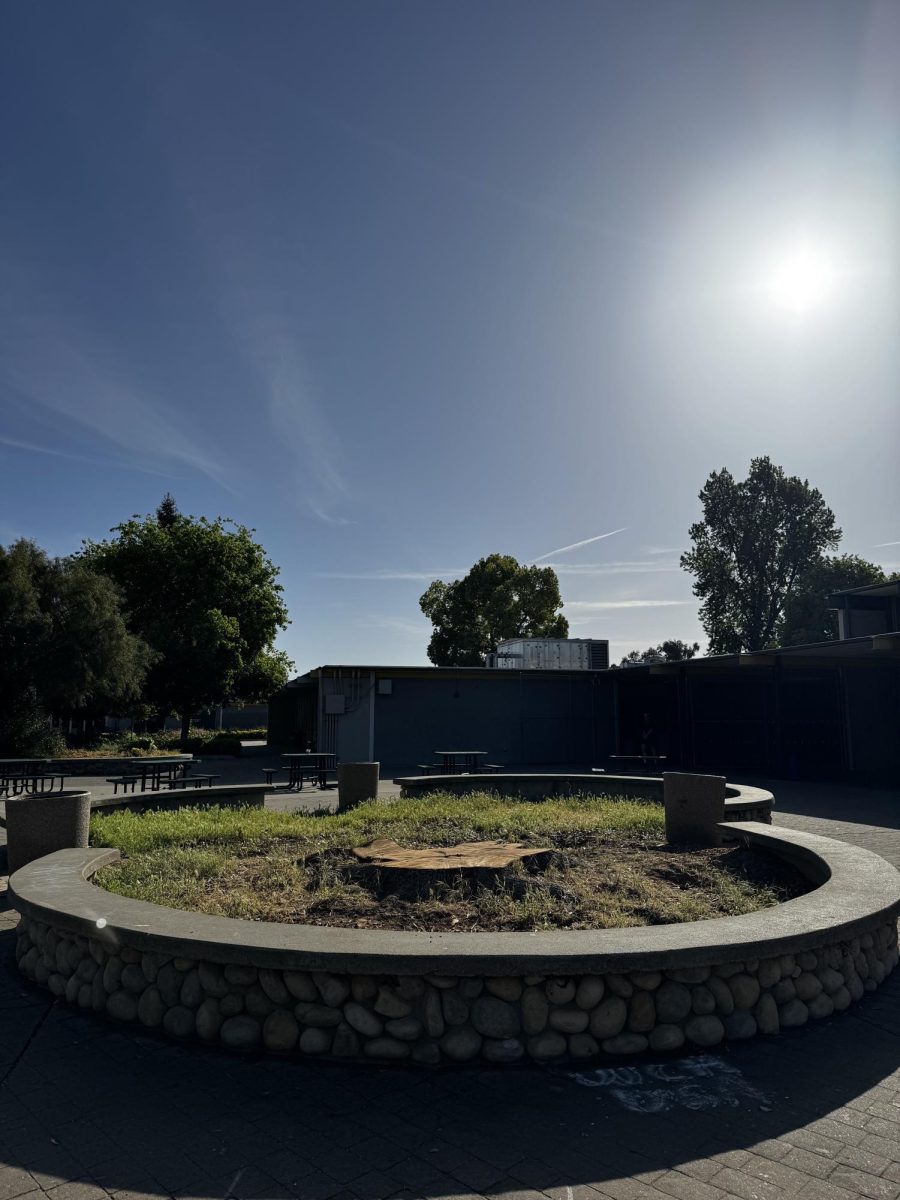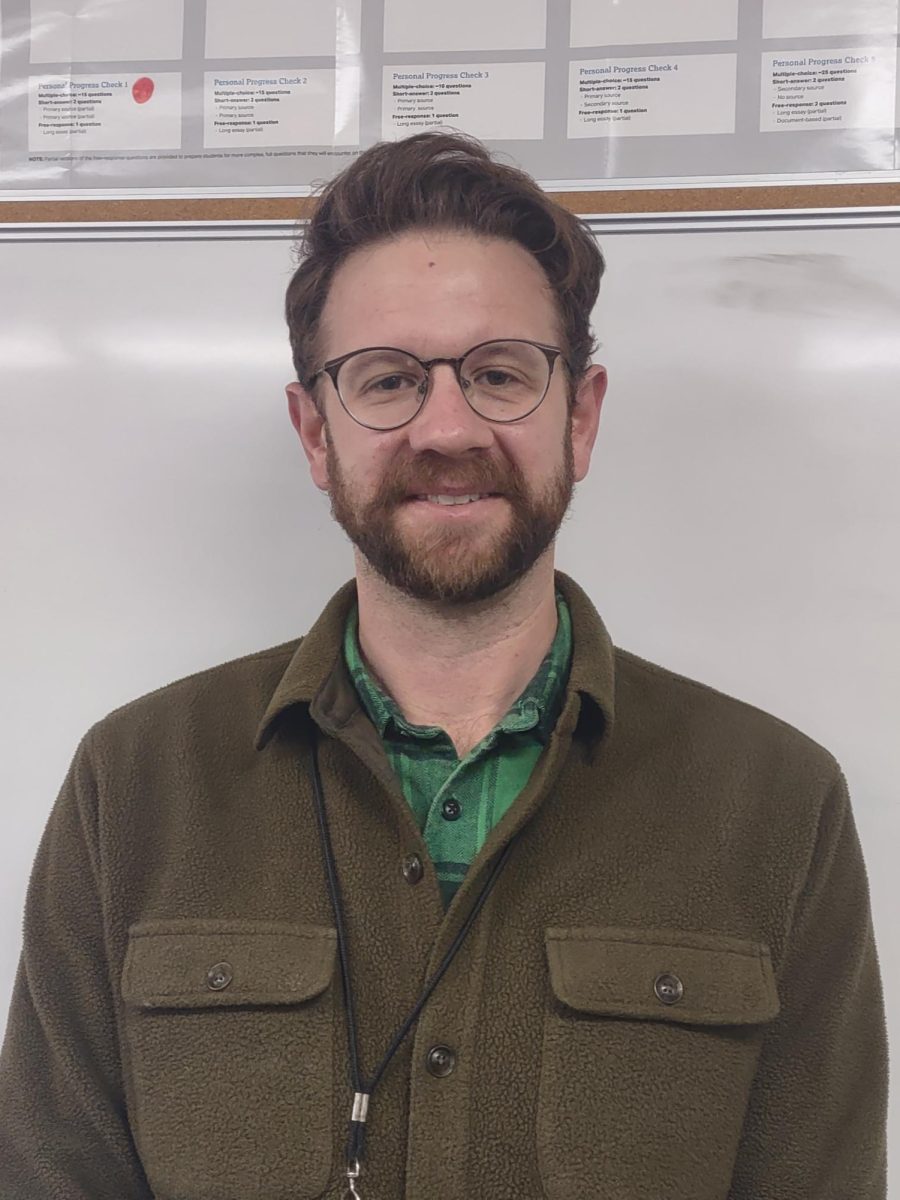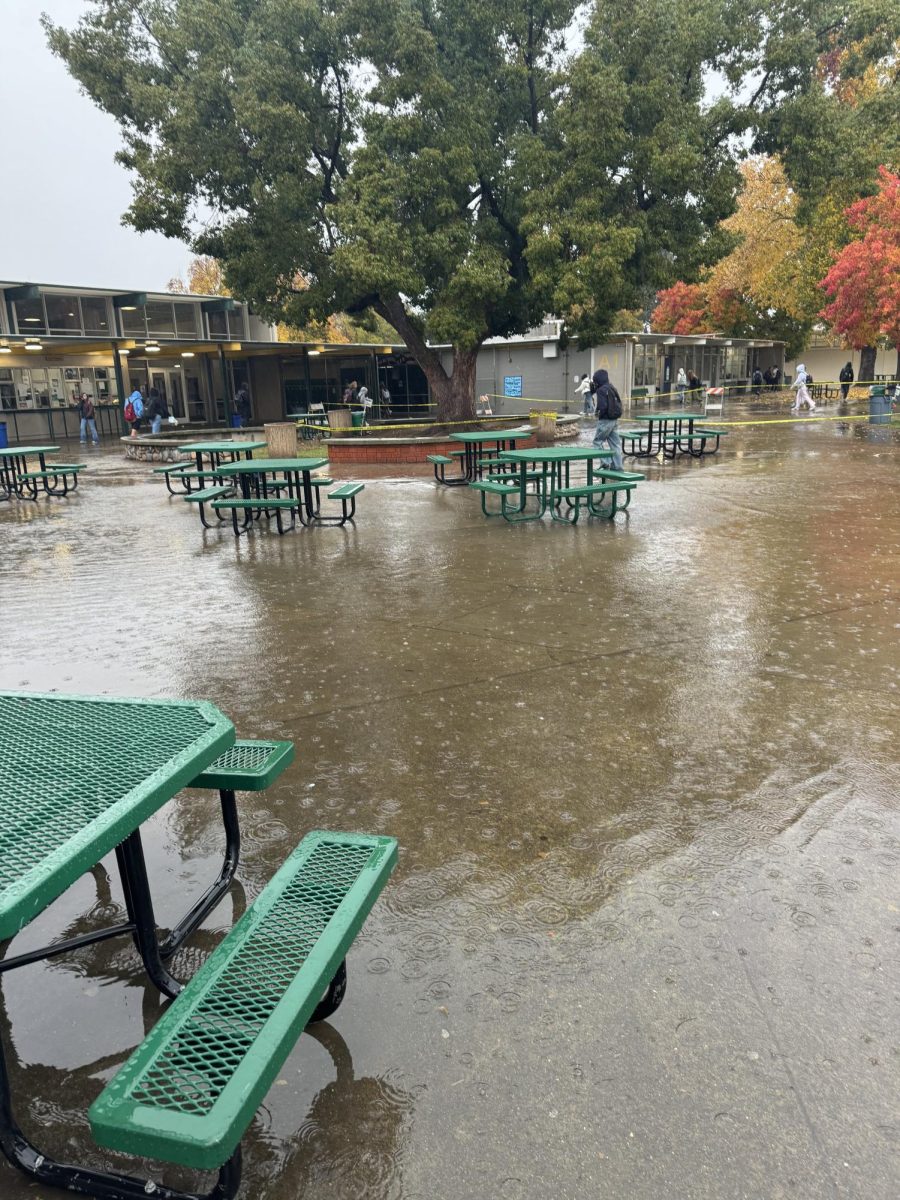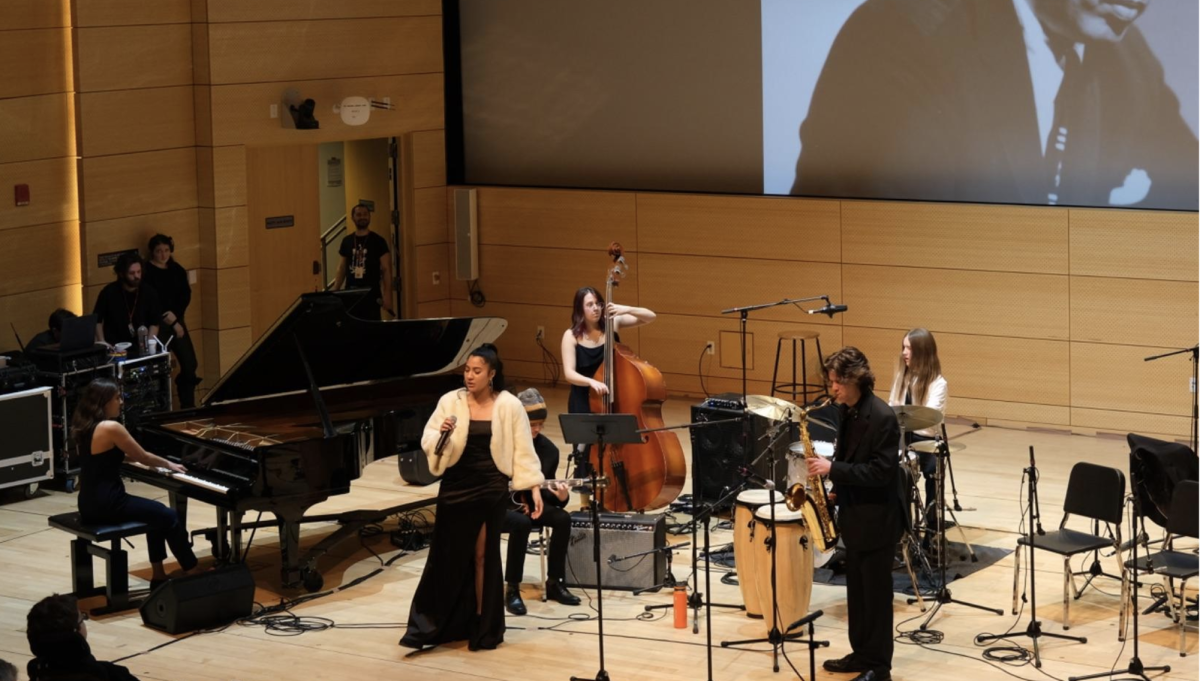Not even the thought or dream of one day coming and living in the U.S. had crossed the minds of Afghanistan’s people. Afghans didn’t think that one day they would become refugees and leave their homes.
But in August 2021 when the Taliban took over, the unpleasant memories from 20 years before came back, instilling extreme fear in people. Their faces spoke of darkness, pain and losing everything again.
When talking about the Taliban, three main things come to the minds of students who fled their home country: terror, oppression and falsehood.
Any elderly Afghan, if asked about their past, will tell you about the pain they experienced, the tears they shed, and for some, the journey fleeing their homes which they once thought would be lived in for generations.
According to Al Jazeera, nearly 3.6 million Afghans left the country in 2021 and 2022, and the number is increasing as the situation gets worse for those who worked with the previous Afghan government, as well as women who can’t study or work in the country at the moment.
About 90,000 Afghan refugees have come to the U.S. since 2021, and many new arrivals and longtime refugees are seeking asylum.
Although not all the Afghan teens had the opportunity to learn English thoroughly in Afghanistan and be able to now communicate effectively, they have become heroes and saviors for their parents who don’t speak English at all.
Many Afghans are facing difficulty dealing with everyday tasks in this foreign land, so their children help them through translating, reading, writing and other forms of communication with Americans while they themselves are not fluent in English.
These freshman and junior Afghan students now have a huge responsibility to their families and are doing a lot more than what their families had expected them to do.
The number of Afghan students coming to Rio Americano is increasing and they all have different stories to tell about their journey to America.
Rio has welcomed more than a hundred of these students in the last few years. About 130 students from Afghanistan attend Rio, the vast majority of which have arrived since August 2021, according to ELD teacher Kendyl Gilmore.
Their stories tell of hope, adversity and perseverance.
Seeking Education
Freshman Sommayia is 14 years old and came from Afghanistan.
She overcame significant challenges and hardships to pursue her education in the U.S., fleeing her home country when the Taliban took control of Afghanistan in 2021.
“When the Taliban came, they prevented girls from getting educated and going to school,” Sommayia said. “But now I have the chance and want to use the opportunity [in the U.S.] to achieve my goals.”
She had dreams to make her country a better place and to help her people, and she won’t give up on hoping for a brighter future for Afghanistan. She plans to become a lawyer.
Very few students who have come to the U.S. from Afghanistan did not have to separate from at least part of their family.
After initially leaving Afghanistan, Sommayia and some of her family waited in Pakistan for six months before arriving in Sacramento. They stayed with her aunt before getting their own house provided by the government.
As the oldest child of the family, she has the responsibility to take care of her siblings like a second mother.
In Afghanistan, Sommayia was devastated when two of her younger siblings had to be left behind. Despite the Taliban’s takeover of Afghanistan, Sommayia feels empty when she is away from her family and hopes they can be reunited.
She would like to go back to Afghanistan one day. The country offers beautiful views and has incredible people, she said.
A Difficult Journey
Sophomore Husna, 15, has been in the U.S. for two years. Her immediate family had to leave Afghanistan and the rest of their relatives.
“Learning a new language and getting acquainted with the culture and people of the U.S. did not come easy,” Husna said.
The journey to the U.S. was also difficult. Husna and her family first stayed at a camp for those fleeing Afghanistan, then several days in Germany and Washington, D.C. before finally reaching Sacramento, where they were welcomed by relatives and began to rebuild their lives.
Despite the challenges she has faced, Husna’s determination and resilience has shined. She began to learn English, adapt to American culture and make new friends.
As she reflected on her journey, she expressed a deep longing to reunite with her family and friends back in Afghanistan.
Husna, who would like to return to Afghanistan, is for now planning to continue her studies in the U.S.
“I hope I can be a doctor and make my family proud,” she said.
Her story shows how those who have faced displacement and adversity still demonstrate strength and resilience.
A Bright Future
Junior Sayed came to the U.S. with his parents and two sisters seven months ago.
The security situation in Afghanistan has deteriorated rapidly, prompting Sayed’s family to flee to the U.S. so that he and his sisters could have the opportunity to get a good education.
Women in Afghanistan are no longer allowed to get an education and work outside their homes.
Scholars in Afghanistan are prohibited from discussing these issues.
In coming to the U.S., Sayed hoped that his sisters would not have to worry about their security.
However, checkpoints and the process for fleeing to the U.S. have become more difficult since 2021 when the Taliban took over.
Sayed and his family stayed in Qatar for a short time before coming to Sacramento.
Sayed sees a bright future for himself.
“Here [there are] a lot of opportunities and ease in every aspect, especially education and work,” he said. “We are happy and satisfied here in America.”
Sayed plans to become a doctor and impact the world around him in a positive way.
Many more stories from Afghans remain in their memories and untold.
The authors of this article have requested that their names be withheld as they plan on returning to Afghanistan. We have only used the first names of the interview subjects for privacy reasons.








































